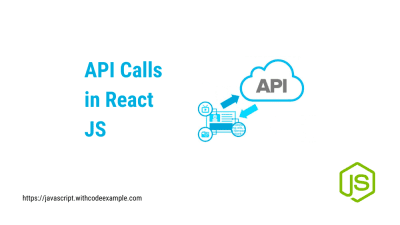Introducing Go 1.23: What's New in the Latest Release?
- With Code Example
- August 13, 2024
What to Expect from the Game-changing Go 1.23 Update
Go, the popular programming language has released version 1.23, bringing many improvements, optimizations, and new features. Released six months after Go 1.22, this update enhances the toolchain, runtime, and libraries while maintaining backward compatibility.

Language Changes
Range-Over-Func Becomes Official
The “range-over-func” experiment introduced in Go 1.22 is now part of the official language. This allows the range clause in a for-range loop to accept iterator functions of specific types. This update enables more flexible iteration patterns, improving the efficiency and readability of code.
Preview of Generic Type Aliases
Go 1.23 also introduces preview support for generic type aliases. By building the toolchain with GOEXPERIMENT=aliastypeparams, developers can experiment with this feature within a package, although cross-package usage is not yet supported.
Toolchain Enhancements
Telemetry
One of the most significant updates in Go 1.23 is the introduction of Go telemetry. This opt-in system allows the Go toolchain to collect anonymous usage and breakage statistics, helping the Go team understand toolchain performance and usage patterns. Users can opt into telemetry by running go telemetry on, which sends weekly reports to telemetry.go.dev.
Go Command Updates
Several new flags and commands have been introduced to enhance the Go command:
- GOROOT_FINAL: Setting this environment variable no longer affects the toolchain, simplifying the installation process.
- go env -changed: Prints only the settings that differ from the default values.
- go mod tidy -diff: Allows users to see the necessary changes as a unified diff without modifying files.
- go list -m -json: Now includes
SumandGoModSumfields. - godebug Directive: A new directive in
go.modandgo.workfiles that applies aGODEBUGsetting for the module or workspace.
Vet and Cgo Improvements
go vet
The go vet subcommand now includes the stdversion analyzer, which flags references to symbols that are too new for the version of Go in effect. This helps maintain compatibility with older Go versions.
Cgo Enhancementscmd/cgo now supports the -ldflags flag, which allows passing flags to the C linker, helping to avoid errors with large CGO_LDFLAGS.
Runtime and Compiler Optimizations
Runtime
The traceback printed after an unhandled panic or fatal error now has better formatting, making it easier to distinguish between error messages and stack traces.
Compiler
Go 1.23 reduces the build time overhead when using Profile Guided Optimization (PGO), with overhead now in the single-digit percentages. The compiler also optimizes stack usage by overlapping stack frame slots of local variables accessed in disjoint regions of a function.
Linker Updates
The linker now enforces stricter rules on the use of //go:linkname directives, disallowing references to internal symbols in the standard library unless they are explicitly marked. This improves security and reliability in Go programs.
Standard Library Changes
Time Package
Go 1.23 introduces significant changes to the time.Timer and time.Ticker implementations. Unstopped timers and tickers now become eligible for garbage collection immediately, improving memory management. Additionally, the associated channels are now unbuffered, which guarantees that no stale values will be sent or received after a Reset or Stop call.
New Packages
- unique: A new package that provides facilities for canonicalizing values, allowing programs to deduplicate values and reduce memory footprint.
- iter: A package that defines user-defined iterators and provides various functions for working with slices and maps.
- structs: A package that provides types for struct fields, starting with
HostLayout, which conforms to host platform memory layout expectations.
Minor Library Updates
Several libraries, including archive/tar, crypto/tls, crypto/x509, and database/sql, have received minor updates, improving functionality and security.
Conclusion
Go 1.23 is a robust update that enhances the language’s capabilities, optimizes performance, and introduces new tools and features that developers will find useful. Whether you’re interested in experimenting with new language features or taking advantage of the latest toolchain improvements, Go 1.23 has something for everyone. As always, the Go team encourages developers to explore the new features and contribute feedback to help shape the future of the language.





